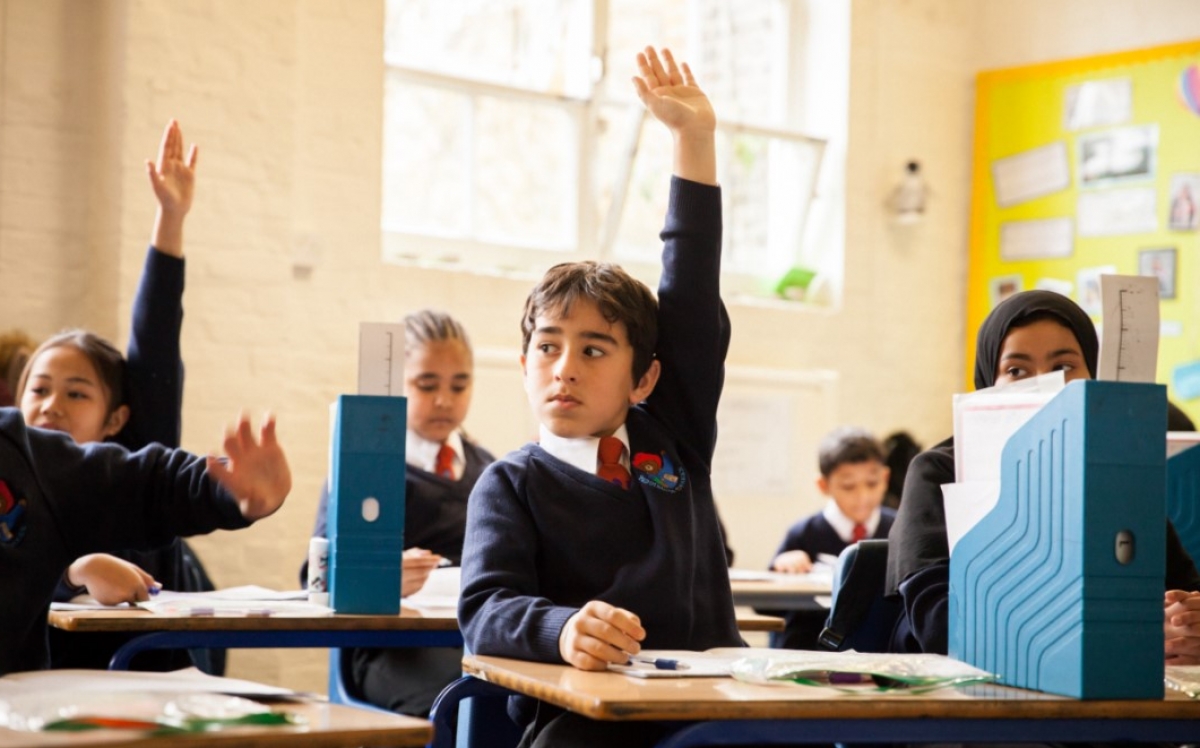
John Blake is Ark’s Curriculum Design Lead. Before joining Ark, he was an education policy researcher for a leading think-tank and before that a history teacher for ten years in both comprehensive and selective schools within both the local authority maintained system and academy trusts. This blog is part of a series on Ark's approach to curriculum.
In my last blog, I explored two different possible meanings of “curriculum”: 1) the suite of subjects offered by a school and the time given over to them (what we at Ark call “the macro-curriculum”) and 2) what we call “the curriculum content”, what ought to be taught in that time provided.
But, even with those two definitions, is “the curriculum” being reduced in unacceptable ways? If we consider the curriculum to be something much broader, say, “all the experiences we wish our young people to have before adulthood”, then certainly, lessons aren’t enough.
Tim Oates, Group Director of Research at Cambridge Assessment and chair of the Expert Panel whose report led to the 2014 National Curriculum, has compiled the following list of possible outcomes we might want, for our children, from education:
- Discipline-specific knowledge, skills and understanding in broad range of disciplines—essentially, the schools subjects – I’ll talk more about disciplines and subjects in a later blog;
- Orientation to learning, ‘learning to learn’
- Physical and mental well-being
- Personal and social identity
- Capacities (personal, social, cultural)—essentially the wherewithal to navigate the world as an autonomous human being, knowing how to operate in different social settings [sometimes this is called, for example, “cultural capital”—I’ll also be writing on why I don’t like that phrase at some point]
- Moral, civic and political understanding, including international awareness
- (In more recent times:) Facility in technology
All of these different outcomes of education have research behind them which suggests they are valid things to want, and also things that can be achieved.
But it is important to be clear these are the desirable outcomes of “education” as a whole, and education is as a joint effort between the young person themselves and their school, parents and wider society—most education in this broad sense actually happens outside of school. So, although a school ought to pay attention to its role in all these different outcomes, school is not solely responsible for any of these.
More, many of them will be better done by parents or wider society. For example, looking after the mental and physical well-being of children is a primary parental responsibility and schools should not be substituting themselves for parents, but supporting them. Schools can usefully teach children how their government operates, but a young person might join a political party to learn more, and I doubt anyone wants schools signing up children for the Tories or Labour.
However, there is one of that list of outcomes where schools have a unique role, and that is the first one. Although young people can and will encounter different aspects of Science or English Literature or Religious Education outside of school, there is nowhere else where they are (or ought to be) guaranteed to be inducted into those subjects in a logical and coherent way over a number of years, nor engage with the aspects of a subject that are important to learn but not of personal interest to them. Schools can and should do this, and indeed are provided with time stipulated by law to do this (and, even if parents choose not to send their child to school and home-school them, they still must demonstrate they are providing this schooling).
It is not that wider aspects of education are not important, but that they are held jointly between schools, parents and society, and schools and their leaderships need to mediate these relationships. And it is for this reason that my work at Ark, and these blogs, focusses mainly on the curriculum content of the subjects taught in schools and not on a possible wider curriculum offer.
In my next blog, I’ll look more close at why discipline-specific knowledge matters and why this is a stronger foundation for our taught curriculum than other possible bases, such as 21st Century skills or generic competencies.

